Kitten nutrition - why is healthy diet so important?
Kitten
The first year of kitten’s life is a phase where your pet experiences rapid growth. Many physical and mental changes can be observed in kittens during that time. It’s a crucial moment, where cats learn how to behave at home, how to socialise with people and other animals as well as can pick up tricks and necessary skills. During the first twelve months of their life kittens can change drastically - they grow, gain weight and mature before your eyes.
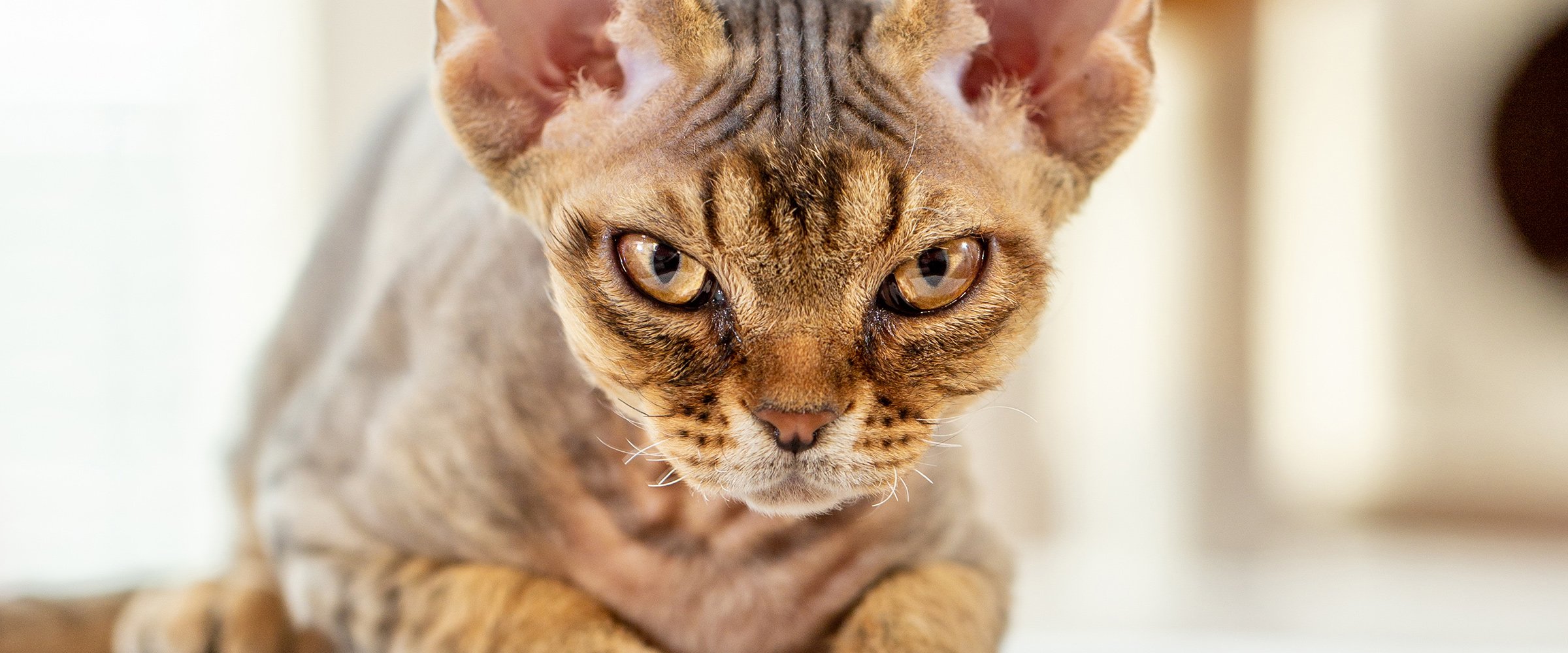
How to feed kittens?
The digestive system of a kitten is not yet fully developed. Kittens have small and delicate stomachs, that is why you should divide your kitten’s daily food intake into smaller meals throughout the day. With your kitten’s growth you can reduce the number of meals during the day and give your pet bigger portions in a single meal. Teach your kitten to eat meals at set hours in a day and don’t leave the food bowl out too long if your cat doesn't want to eat. Once your kitten gets hungry he will gladly consume his meal. Don’t overfeed a kitten - it can lead to bad eating habits that can later result in overweight or obese cats.
Exclusive Kattunge | Balanced dry food for kittens & mother cats
Aptit Tonfisk | Complementary wet food for cats
Wet or dry kitten food?
When it comes to cat nutrition, there are conflicting opinions regarding wet and dry food. Cats never got accustomed to drinking still water, so many house cats don’t enjoy drinking water from a bowl. Reduced water intake on top of a sensitive urinary tract makes cats susceptible to many urinary tract diseases. Wet cat food provides your kitten with enough fluids, whereas dry cat food can help with mechanical cleaning of your cat’s teeth. If you decide on giving your cat dry food remember that you can increase the palatability and moisture content of your cat’s meal by mixing dry cat food with wet food or tasty wet treats.
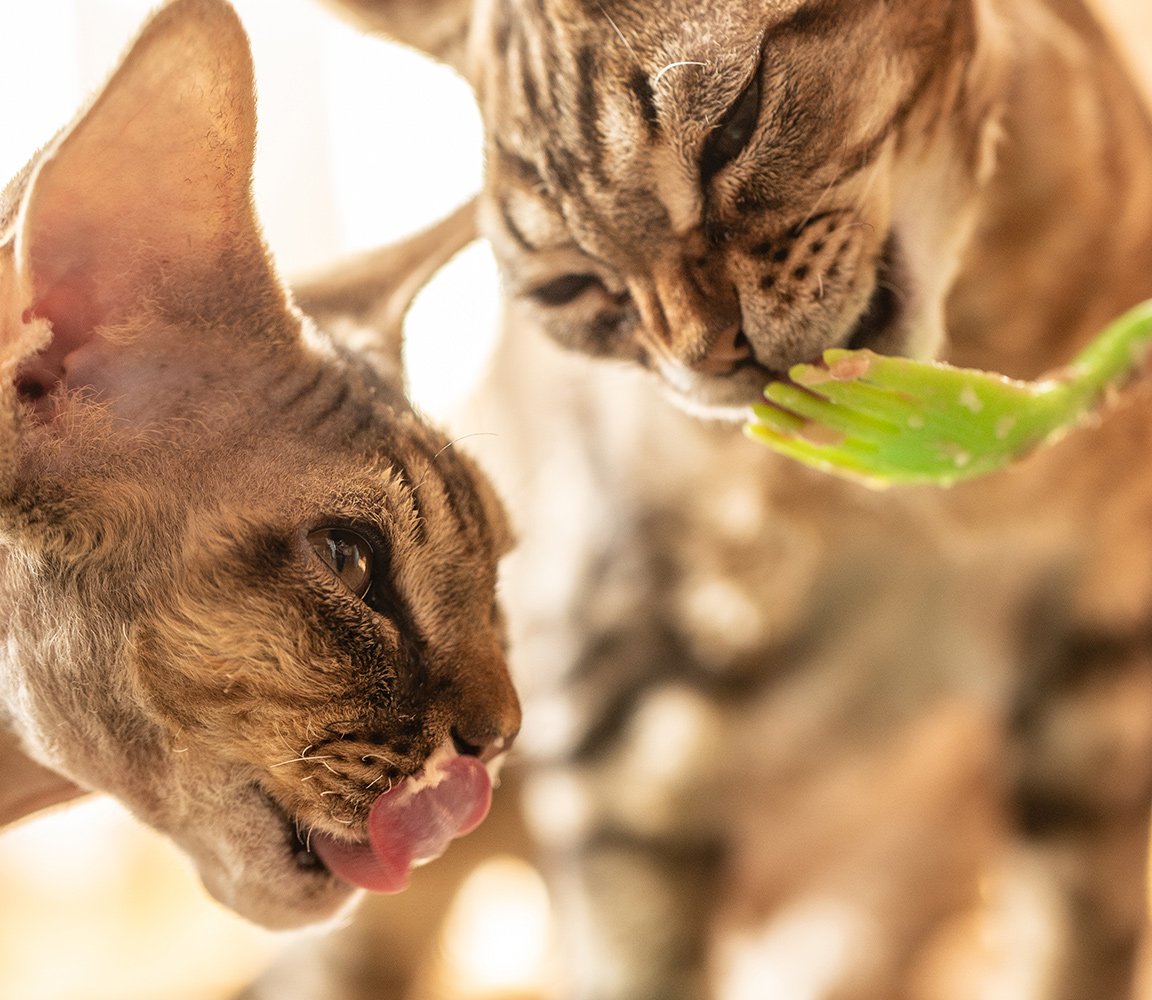
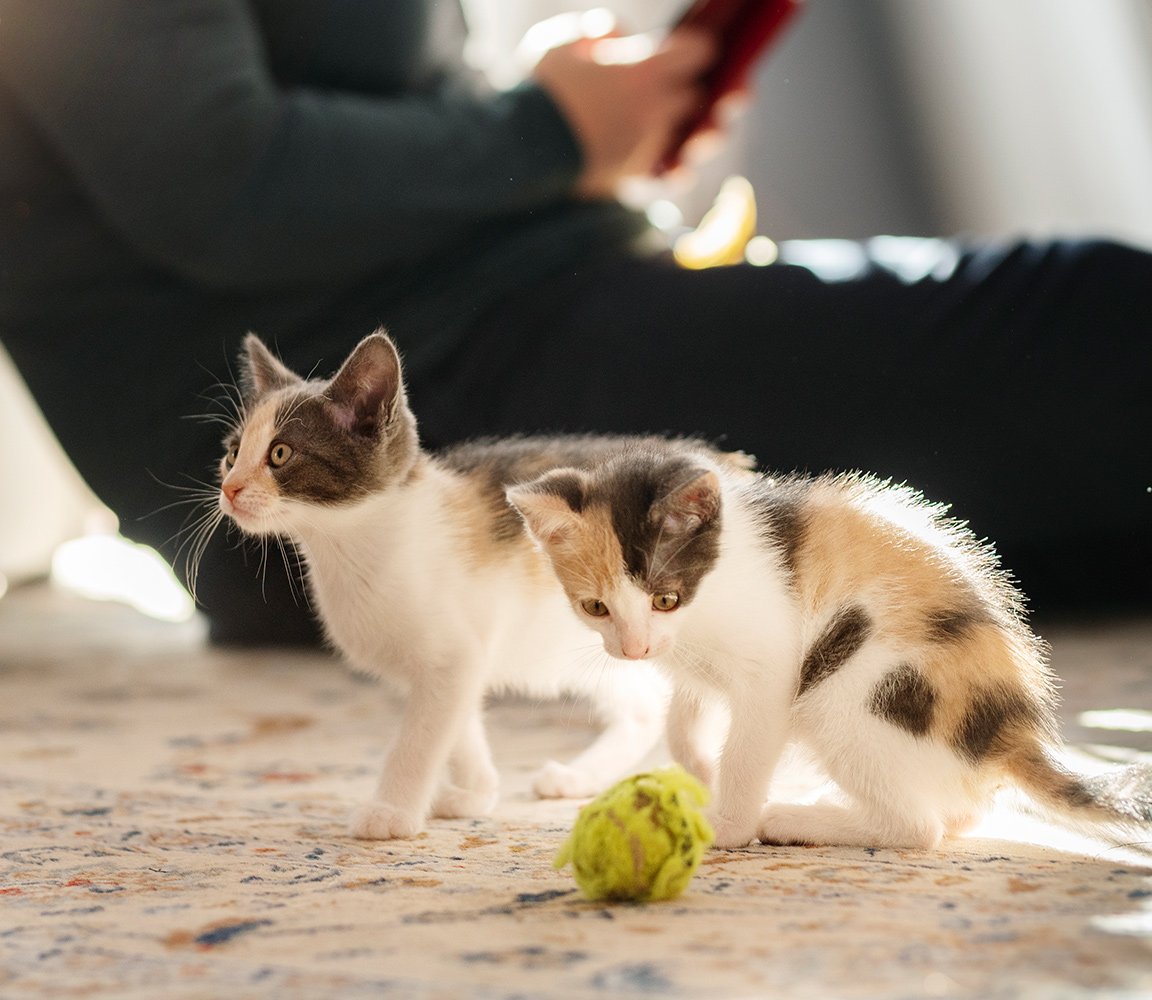
Why diet matters?
Kitten nutrition is a foundation of proper development and good health of a cat. Suitable food for kittens has to provide your pet with all the necessary nutrients, so your tiny kitten can grow and mature to be a healthy adult cat. Kitten food has to provide your cat with balanced levels of calcium and phosphorus that ensure strong bones and healthy teeth. A diet rich in antioxidants can help protect your cat from any free radicals. Formulas enriched with vitamins A and E can boost your kitten’s immune system and Omega-3 and Omega-6 fatty acids can prevent many inflammations. Taurine is an amino acid that is vital to your cat’s eyes and heart health. Cat’s are unable to produce taurine on their own, so their food has to consist of this beneficial amino acid.
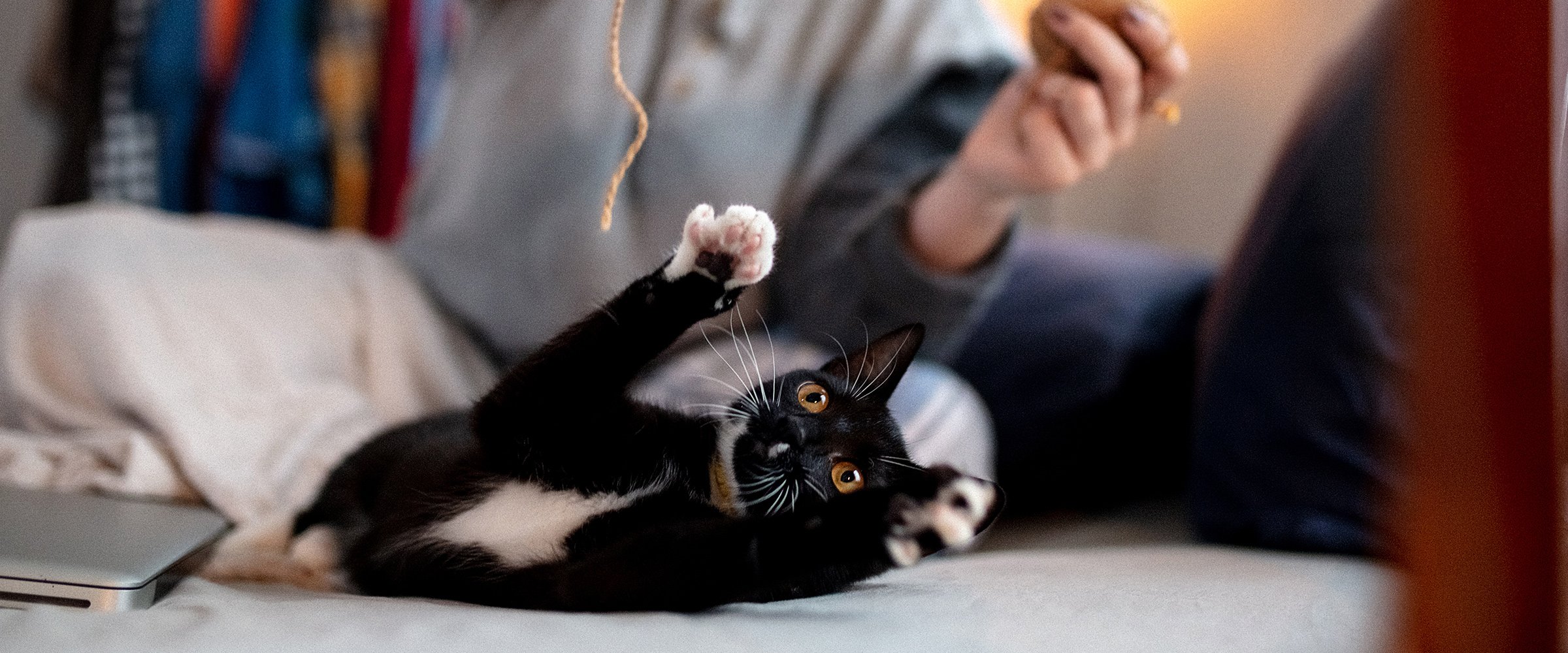
When to change your cat’s food?
Kitten food should be fed until your kitten turns 1 year old. After the first twelve months you can begin to feed your cat formulas made for adult cats. Don’t forget to apply a transition period, so your cat’s digestive system has the opportunity to get accustomed to a new diet. In the first two days of the transition period give your cat a mixture that consists of ¼ of the new food and ¾ of his current food. On the 3rd and 4th day you can give your cat meals that consist of a 50-50 mix of the new and current foods. On the 5th and 6th day you can give your cat ¼ of his current formula with ¾ of a new formula. After the 7 days period you should be able to give your cat his new food with no issue. Bare in mind, although some cat breeds reach their full maturity at around 3 years old, this does not mean you should extend the period, where you feed your cat kitten food. Kitten food is not sufficient for adult cats and can lead to a significant caloric deficit in your cat’s nutrition.













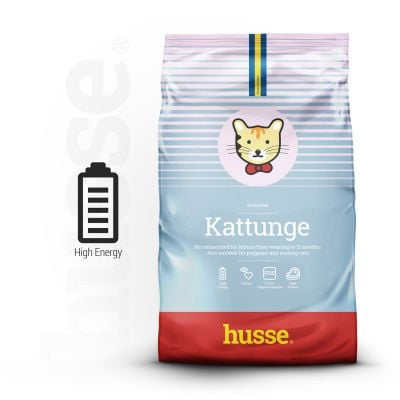


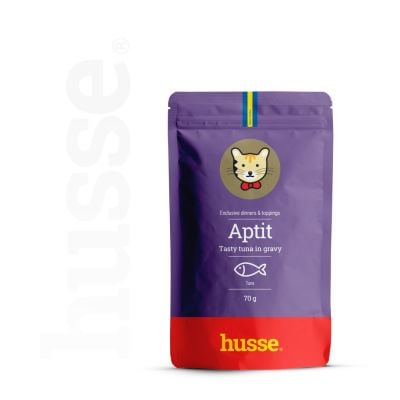


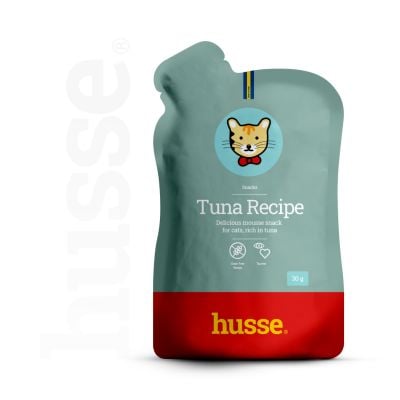
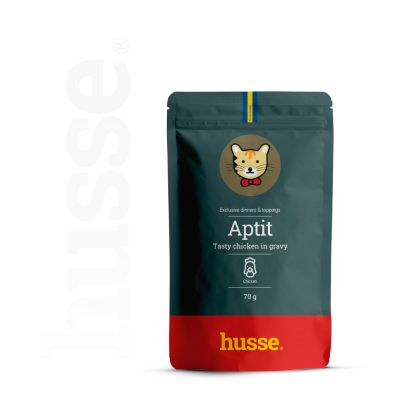
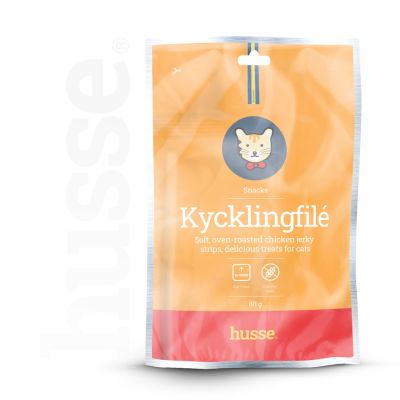
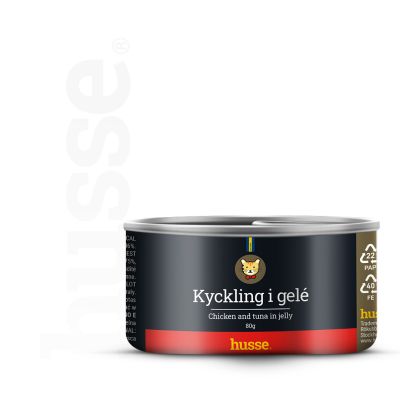
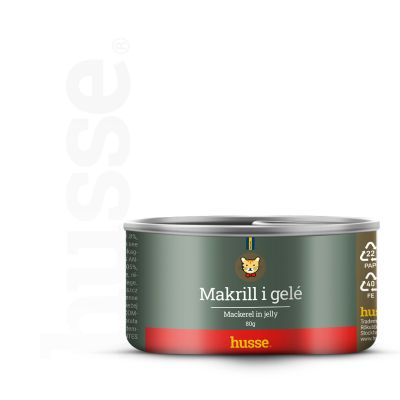
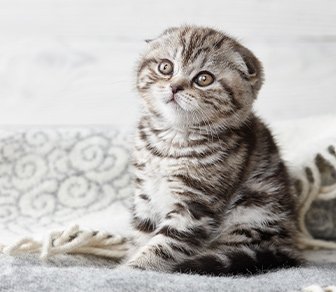
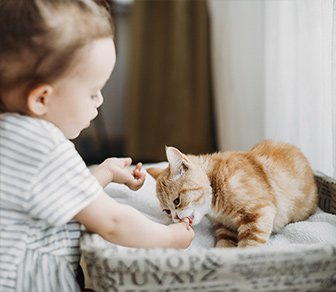
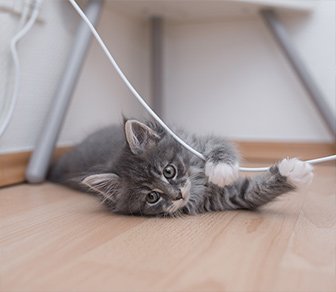

.png)





